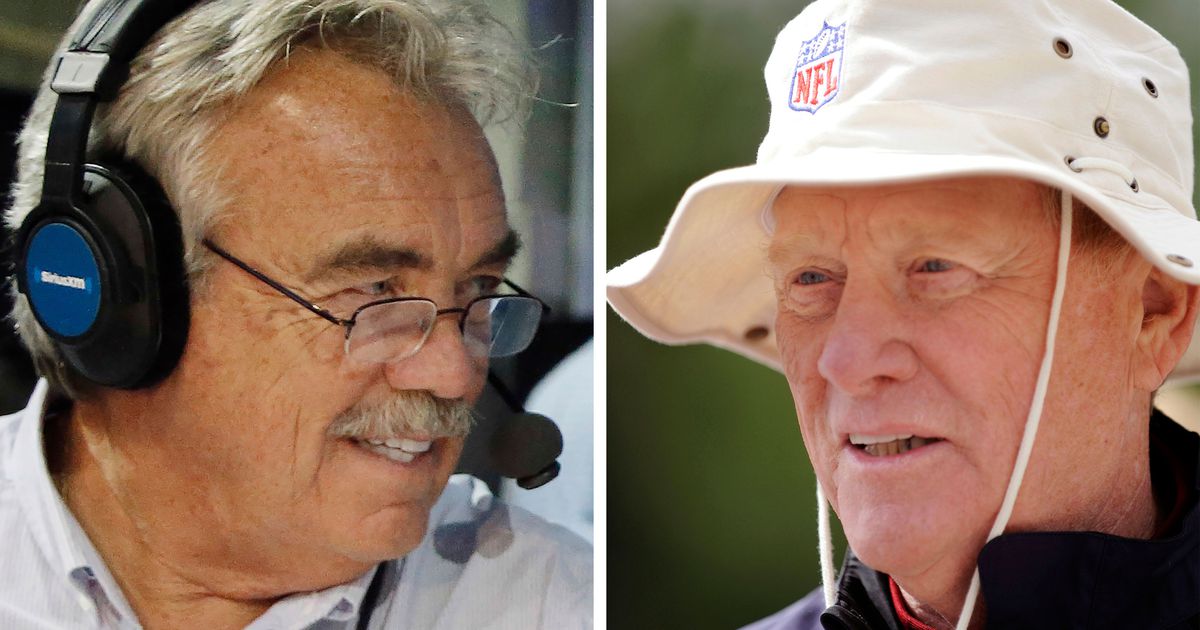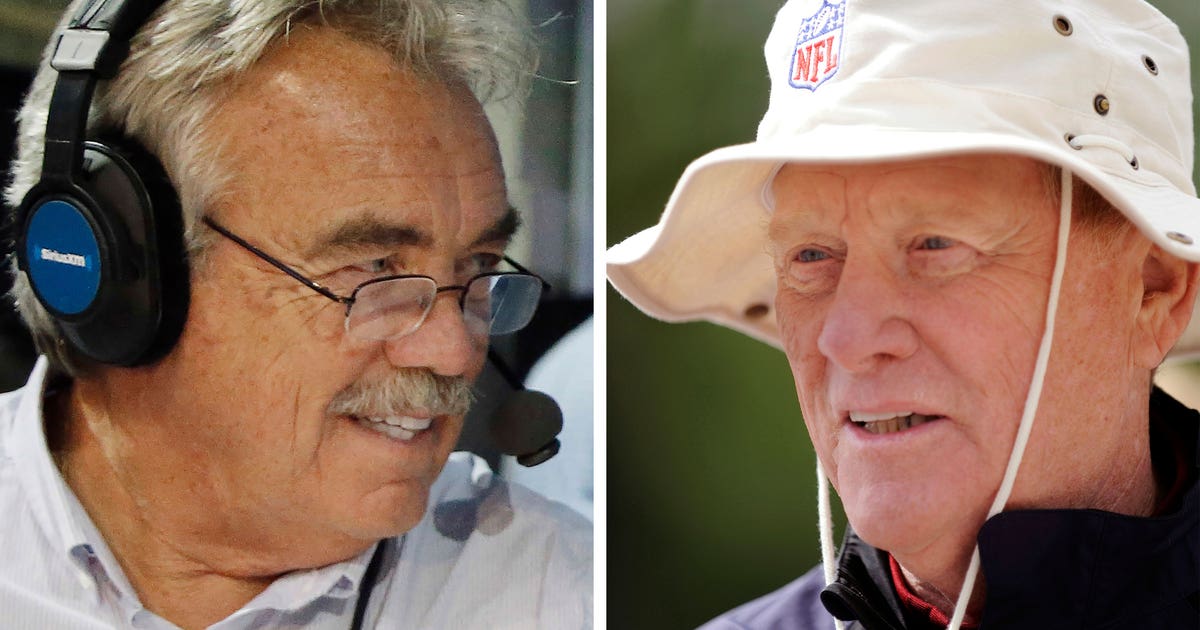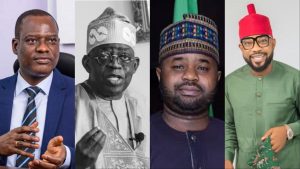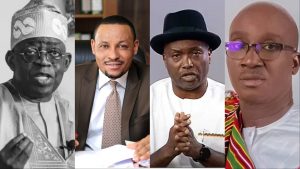Technical aspects of communication could have big effect on a strange NFL draft


Bill Polian ran many an NFL draft, making him the main man in the room for several successful franchises.
Next week, the Pro Football Hall of Famer knows who the guys in demand will be for all 32 teams: the techs.
“I would say simply, I-T I-T I-T,” Polian explains. “Make sure from the outset your communication is seamless and flawless. If you can get the name of the pick in on time and can effectuate trades, the rest of it is relatively easy.
“If there are glitches in communications, for example as we saw in the early stages of the pandemic, with Zoom and other platforms, that is a problem. What happens if you can’t communicate and the clock is running out? It’s up to the IT guys at both the club and league to make sure that everything works — and that they have a fail-safe.
“If I were running a club,” adds the man who built the Bills, Colts and Panthers through the draft, “I’d take a little more time to make sure I rehearsed everything for the actual draft. We would always make sure all the communications work and everything lines up, but do it all in spades now. Don’t take for granted they will work.”
The league and teams say they are ensuring that everything will run smoothly, and a mock draft will be held soon as a test. But really, this is uncharted territory. NFL teams are in a sea of uncertainty as they prepare for a draft like no other.
The collection of information has been strong, but hardly as thorough as in normal times. Every franchise has been adversely affected by cancellations of pro days, in-person visits, workouts at team headquarters and in-depth medical exams by team doctors.
That said, Polian and former NFL executive Pat Kirwan point directly to team scouts who, like every other year, were on the road gathering data since last summer. So clubs with the strongest personnel staffs, who usually have an edge heading into the draft, could have an even bigger advantage now.
But as Kirwan points out, the logistical limitations caused by the coronavirus pandemic could outweigh some of that diligence — particularly in attempting to make trades.
“Trading, which has become a bigger part of the draft than ever, becomes problematic,” says Kirwan, who like Polian is an analyst for SiriusXM, which will cover every selection in the seven rounds on April 23-25.
“Say we are all in a room and three guys are working phones, trying to get the best deal. The decision maker, he is not going to have the visual contact with them that he usually has. How fast can they respond to make the move?
“Take Pete Carroll and John Schneider (in Seattle). They’re in separate rooms and they have three guys making phone calls in other places and a salary cap guy in their ear. There’s a lot of pressure that goes into that when we had a system when we were under normal circumstances.
“I think when it all gets cleared up, you’ll only be trading with your best friends who you can pull off a deal with.”
One topic Polian and Kirwan disagree on is actually staging the draft next week. Several general managers had sought a delay into May at least, something the owners shot down quickly. Could there be competitive advantages for some teams by maintaining the status quo?
“It’s largely moot because it isn’t being pushed back,” Polian says. “In a certain sort of offbeat sense, it is probably a good thing to have now. While it is trivial in the extreme compared to what is going on everywhere, it takes people’s minds off the news they are hearing.
“There is an argument that players getting these rich contracts is unseemly, I get that, but it provides a respite from the terrible news that comes repeatedly, and in lots of cases has changed the lives of our fellow citizens. Anything you can do to lighten the burden is probably a good thing.”
From a football sense, though, Kirwan wonders why a potential delay wasn’t in the NFL’s game plan.
“Doing a first-time draft with a coach and GM together, and they don’t know each other that well, and now adding all of these technical elements will add more pressure,” he says. “I thought we could have moved the draft back until the middle of May and not affected it (adversely).
“I think it reeks too much of people who never ran a draft. I respect that we are in an entertainment business. But the GMs were told to shut up, basically. I want to know where the impetus was, who thinks the show must go on? It shows a lack of real understanding of the moment.
“If I hear level playing field one more time. … Take two teams where the biggest decision maker gets the virus and can’t make the decisions. What is the thought process and policy if that happens? That part of it does not create a level playing field.”









